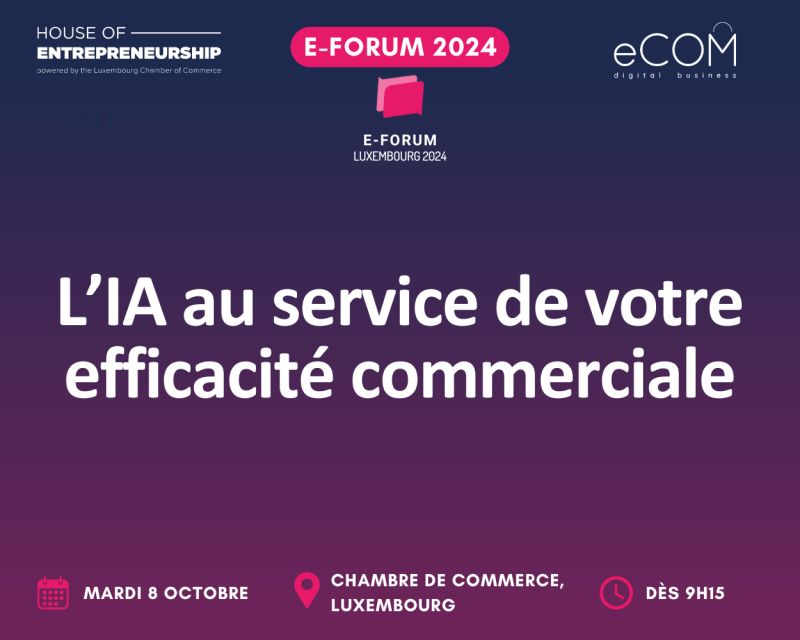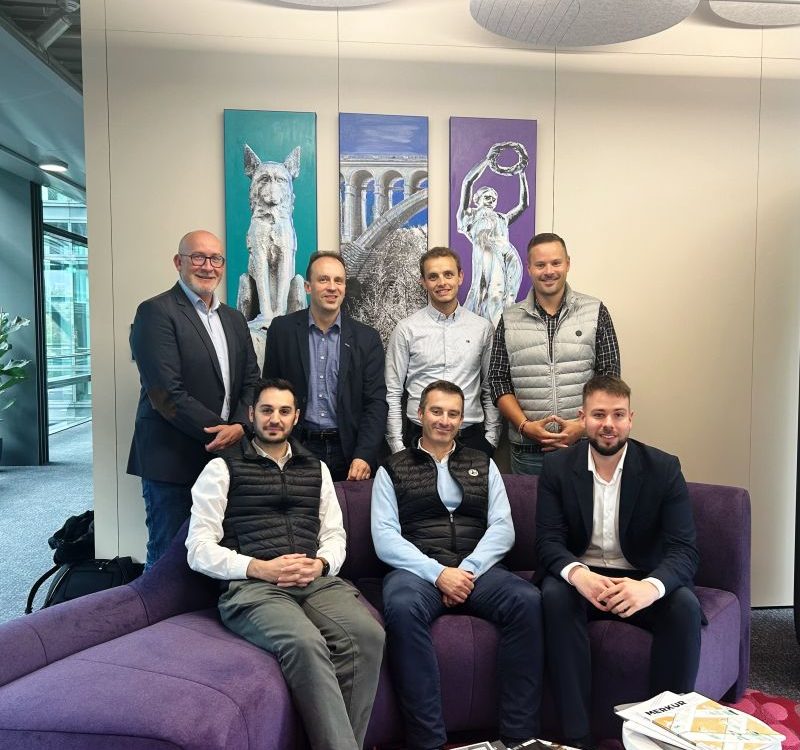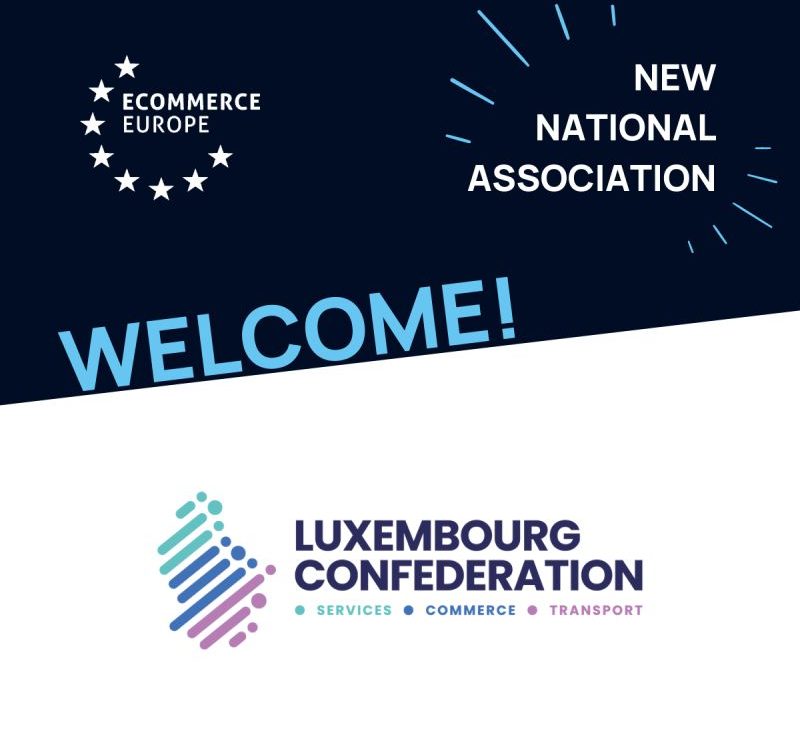
Actualités
Actualités > Ecommerce Europe presented VAT issues related to e-commerce at a European Commission’s conference
Ecommerce Europe had been invited by the European Commission to participate and give a presentation at the VAT Fiscalis Seminar on Modernizing VAT for cross-border e-commerce, which took place on 7-9 September in Dublin.
The fruitful discussions have laid the basis for future VAT legislative proposals as anticipated in the Digital Single Market Strategy of the Commission. In particular, the conference was focused on improvements to be made to the Mini One-Stop-Shop (MOSS) mechanism for electronic services, the destination principle and its extension to goods and other services, and simplification measures for smaller businesses.
VAT as one of the main barriers to cross-border e-commerce
Donato Raponi, Head of the VAT Unit at DG TAXUD of the European Commission, declared that “VAT has been identified as one of the top-3 barriers to cross-border e-commerce”, referring to the results of the Survey “Barriers to Growth” performed by Ecommerce Europe at beginning 2015. Mr. Raponi added that companies have to spend around €8,000 annually per Member State for registering and accounting for VAT. Ecommerce Europe agrees with Mr. Raponi who declared that the current system is complex, costly, increases compliance risks and creates legal uncertainty for online merchants.
Ecommerce Europe’s perspective on VAT
Luca Cassetti, Policy Advisor of Ecommerce Europe, together with Pierre Friob, President of the Luxembourg E-commerce Association, gave a presentation to show what are the concrete VAT-obstacles that online merchants have to face when they sell cross-border in EU. Aside to problems related to the huge costs and the difficult VAT registrations for businesses, Ecommerce Europe also identified more problems such as in displaying the correct final price before check-out, too complicated procedures to verify the country of delivery and the fact that there is no level playing field for businesses.
Main conclusions and next steps
After fruitful discussions and after having heard the final reports of the 10 working groups involved in the conference, Patrice Pillet – Head of Sector for VAT at the Commission – presented the conclusions of the conference:
- MOSS appeared to be a useful instrument to facilitate cross-border compliance, and is generating comfortable revenues for Member States and many participants were in favor of its extension to the online sales of tangible goods;
- More improvements are needed for the simplification schemes for microbusiness and regarding home country legislation and audit;
- Further in-depth evaluation is also needed.
The European Commission will launch before the end of the month a public consultation on modernizing VAT rules to which Ecommerce Europe will contribute. The Commission’s legislative proposal is expected to come in late 2016 and cover four main areas:
- Extending the current MOSS to the online sales of tangible goods;
- Removing the VAT exemption for the importation of small consignments from suppliers situated in third countries;
- Allowing for home country controls including a single audit of cross-border businesses for VAT purposes;
- Introducing a common EU-wide simplification measure (a VAT thresholdbelow which businesses revert to their domestic VAT rules) to help smaller online merchants. The discussion on the best level and type of threshold will be a hot topic, considering that it is a very sensitive and dividing subject for many Member States.
Ecommerce Europe will keep monitoring the process and stays closely in contact with the European policy makers in order to ensure that the interests of the sector will be taken into account.




